
By Iddi Yire, GNA
Accra, May 21, GNA - The National Commission for Civic Education (NCCE) is advocating the adoption of civic education in the Ghana Education Service (GES) curriculum for schools.
The Deputy Chairman in charge of Operations at the NCCE, Samuel Asare Akuamoah noted in an interview with the press that the absence of the course in the schools was a major contributing factor affecting the fight against corruption. “This is because the young ones are not well armed to join the fight; they only see people with riches, power as their role models and end up associating with them," he said.
According to the Commission, the delay in adoption of civic education, and by extension the Constitution in the GES curriculum, hindered their objective and mandate, particularly in relation to the youth.
The NCCE had developed a manual on civic education and the adoption of it into the GES curriculum would have great impact in developing the capacity of the youth and children in civic responsibility.
The Commission is of the view that introducing the Constitution and its prescriptions to school children at a younger age would facilitate the understanding of their rights and civic responsibilities and this would have an overall impact in the fight against corruption.
“Civic education is a shared responsibility therefore the support and collaboration between NCCE and other institutions in the country should be encouraged,” he stated.
He said the manual had already been piloted in the Central Region specifically in Winneba and its surrounding areas “which proved to be a very powerful tool in churning out good citizens”.
He said the introduction of the course in the school curriculum would improve the Ghanaian value system which includes; transparency, accountability, nationalism and respect for national and cultural values.
Mr Akuamoah noted that the lackadaisical approach towards the adoption of the manual by GES could be linked to the existence of moral and religious component of the GES curriculum which he said did not address the gap and needed to be relooked at.
The Deputy Chairman in charge of operations spoke at the sidelines of the Ghana Anti-Corruption, Rule of Law and Accountability Programme (ARAP) multi stakeholder training workshop on capacity building for law enforcement agencies and public education providers.
The three day workshop, which was held in Ada in the Greater Accra Region, was organised by ARAP in collaboration with the Commission on Human Rights and Administrative Justice (CHRAJ) NCCE Education and funded by the European Union (EU) delegation to Ghana.
Speaking at the opening of the workshop, Director of Anti-Corruption at CHRAJ Mr Charles Ayamdoo- was unhappy with the low level of involvement and participation of stakeholders towards the implementation of National Anti-Corruption Action Plan (NACAP) in the fight against corruption.
He said although there had been an increase in the number of participating institutions, the rate of increase was not encouraging.
He said in the first year of the implementation of the programme in 2014, 19 stakeholders/institutions reported on the implementation of their activities under NACAP; this had however increased to 55 stakeholders at the end of 2016.
“Though we have seen an increase from 19 to 55 stakeholder participation, the increase is not as expected since there are about 200 public institutions, 216 MMDAs and about 3500 CSOs in the country," he noted.
He noted that this low participation and involvement of the institutions in adopting the NACAP could be attributed to lack of awareness on NACAP activities, which he quickly added that his outfit was working hard to address.
“We are currently addressing this challenge and we also have assurances from the current government to support NACAP achieve its objectives," he added.
He hinted that NACAP hadpresented its first Annual Progress Report to Parliament for consideration and approval after which CHRAJ was expected to use the approved document to produce the state of corruption in Ghana to be presented to the general public in December this year.
The main aim of the NACAP programme was to ensure that all stakeholders agreed to contextualize and mobilise all resources to compact corruption in the country.
To achieve this, NACAP had formulated four action points to deal with the challenges and these include; building of public capacity to fight corruption; transparency, accountability and efficiency in preventing corruption; participation of society; and investigation and prosecution.
The Governance Advisor to the EU, Sotirios Bazikamwe, noted that the EU having observed the impact of corruption on development and human lives in the past decades, decided to support the strengthening of institutions across the world to fight the canker.
He said that the programme was wholly owned by the Ghanaian institutions while the EU was only providing support to ensure the success of the programme.
ARAP, launched in May 2016 in Accra, is a five year programme of EUR 20 million aimed at supporting the anti-corruption, rule of law and accountability programmes.
The objective of the programme is to build the capacity of civic education providers such as the –NCCE, CHRAJ, CSOs, and the media– to conduct campaigns, advocate and lobby for increased accountability and a reduction in corruption.
It is also aimed at strengthening law enforcement agencies.
This includes; building the capacity of prosecutors to prosecute corruption and related offences.
It also aims at building the capacity of the Judiciary to hear and decide corruption cases and related offences, as the best means of enhancing accountability standards in the country and support the police and judiciary to combat corruption amongst their ranks.
GNA
Read Full Story
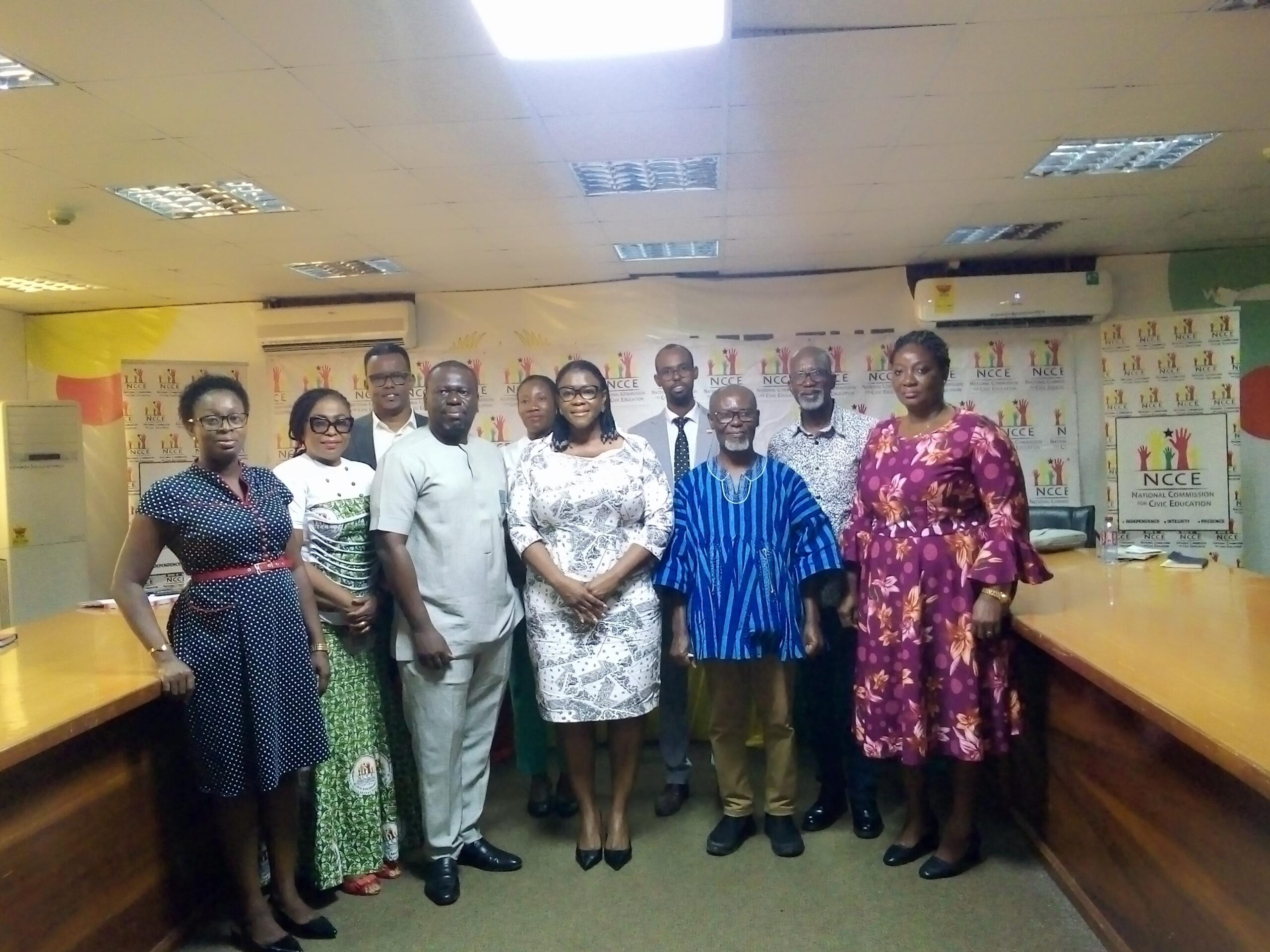
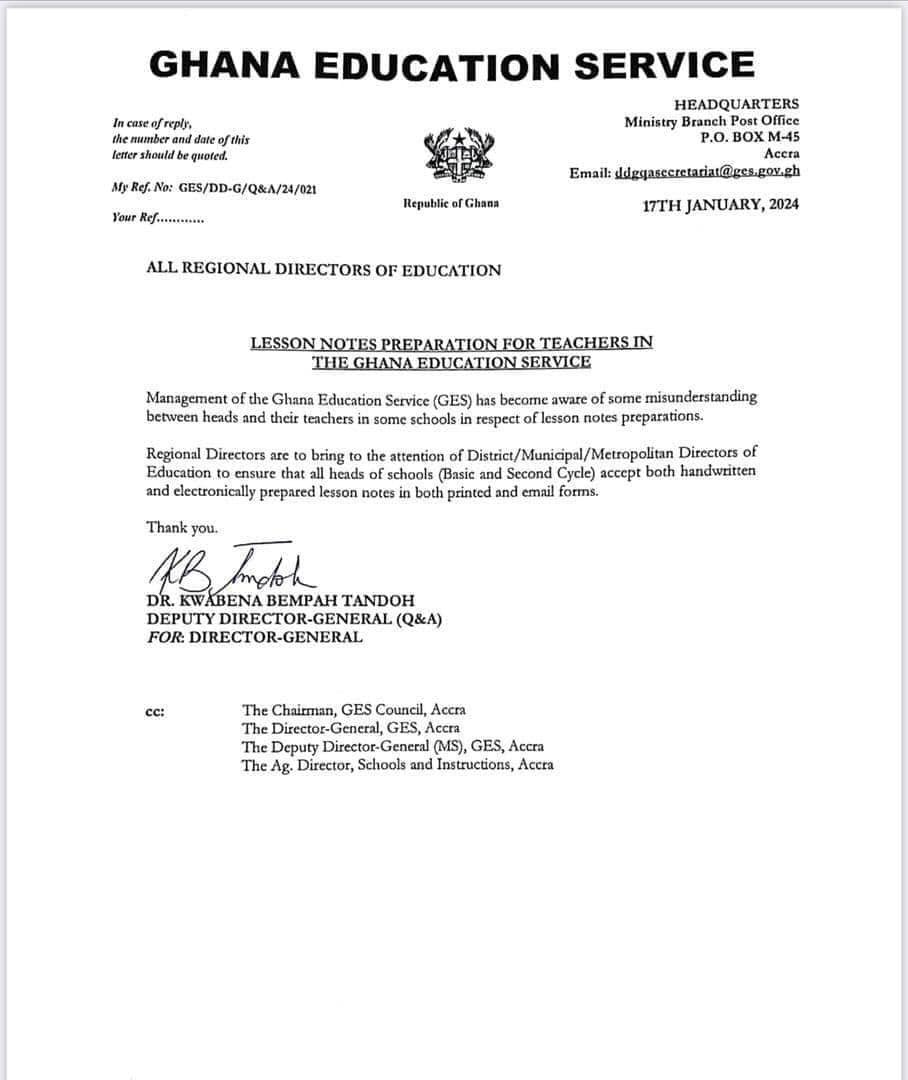

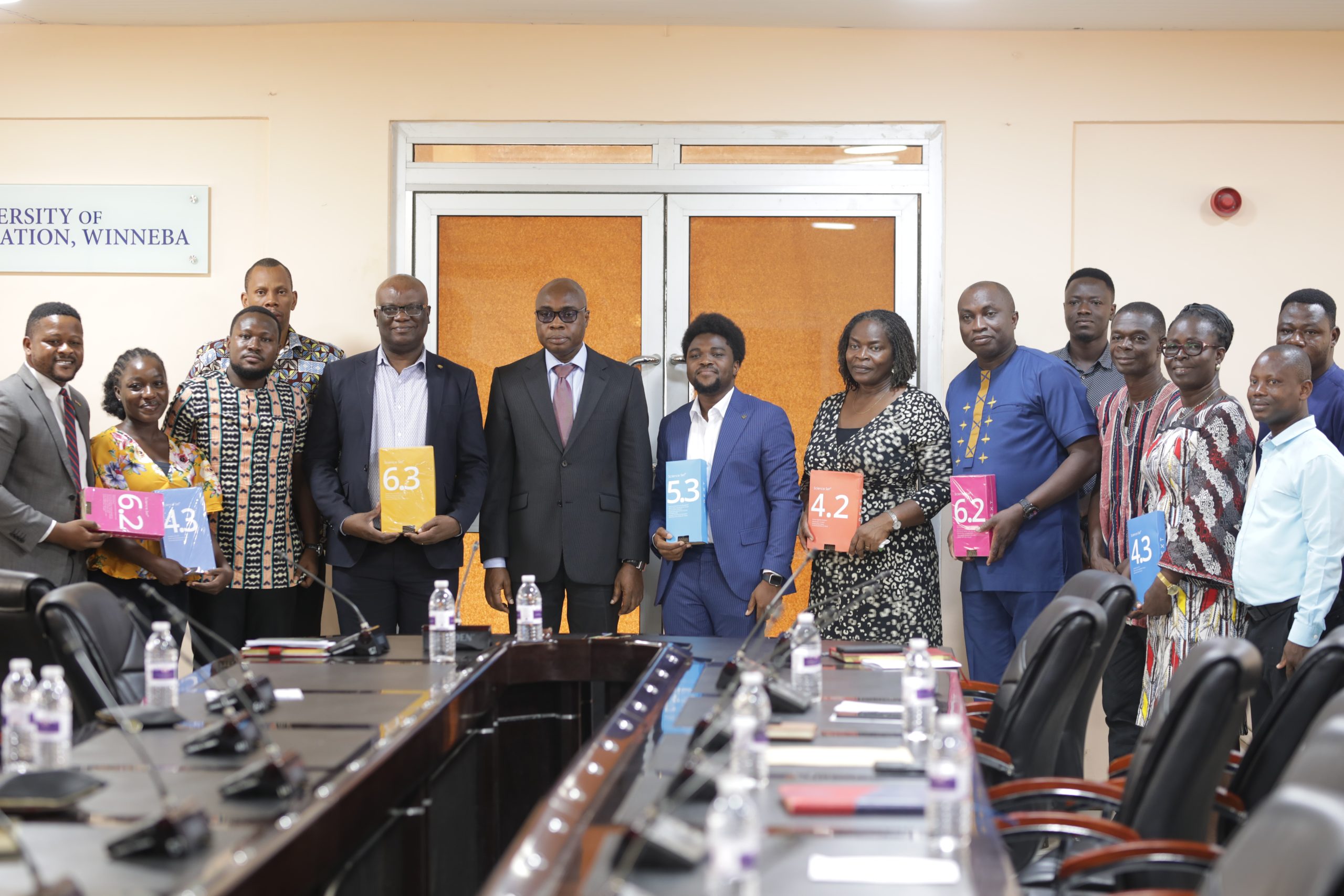

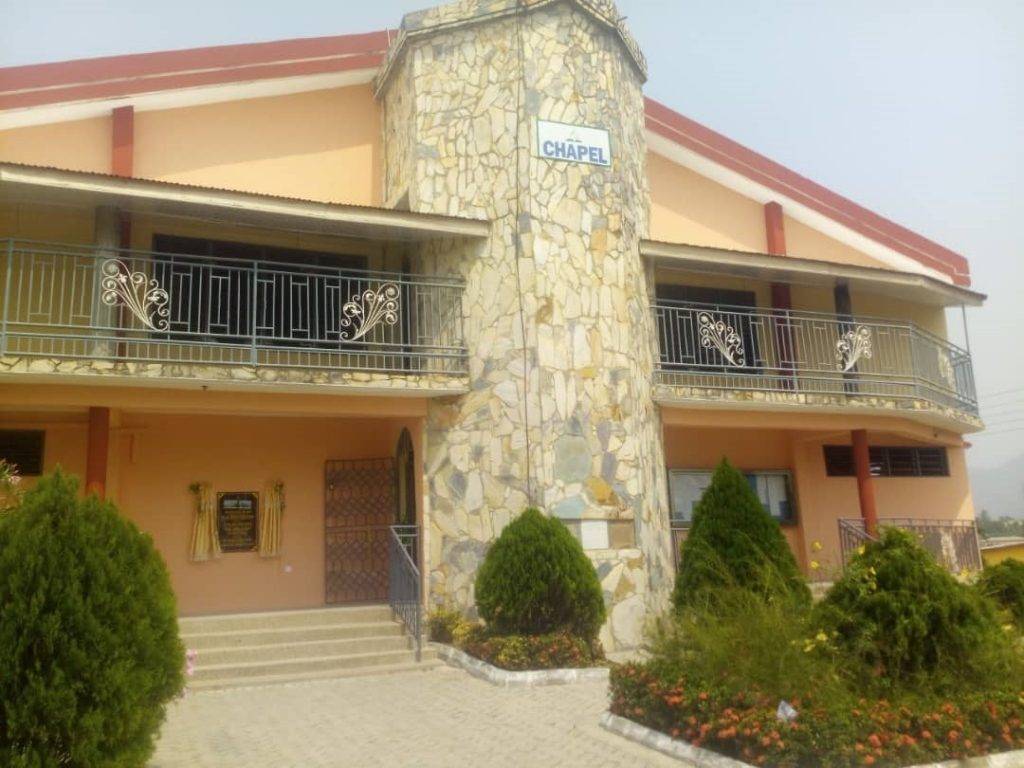





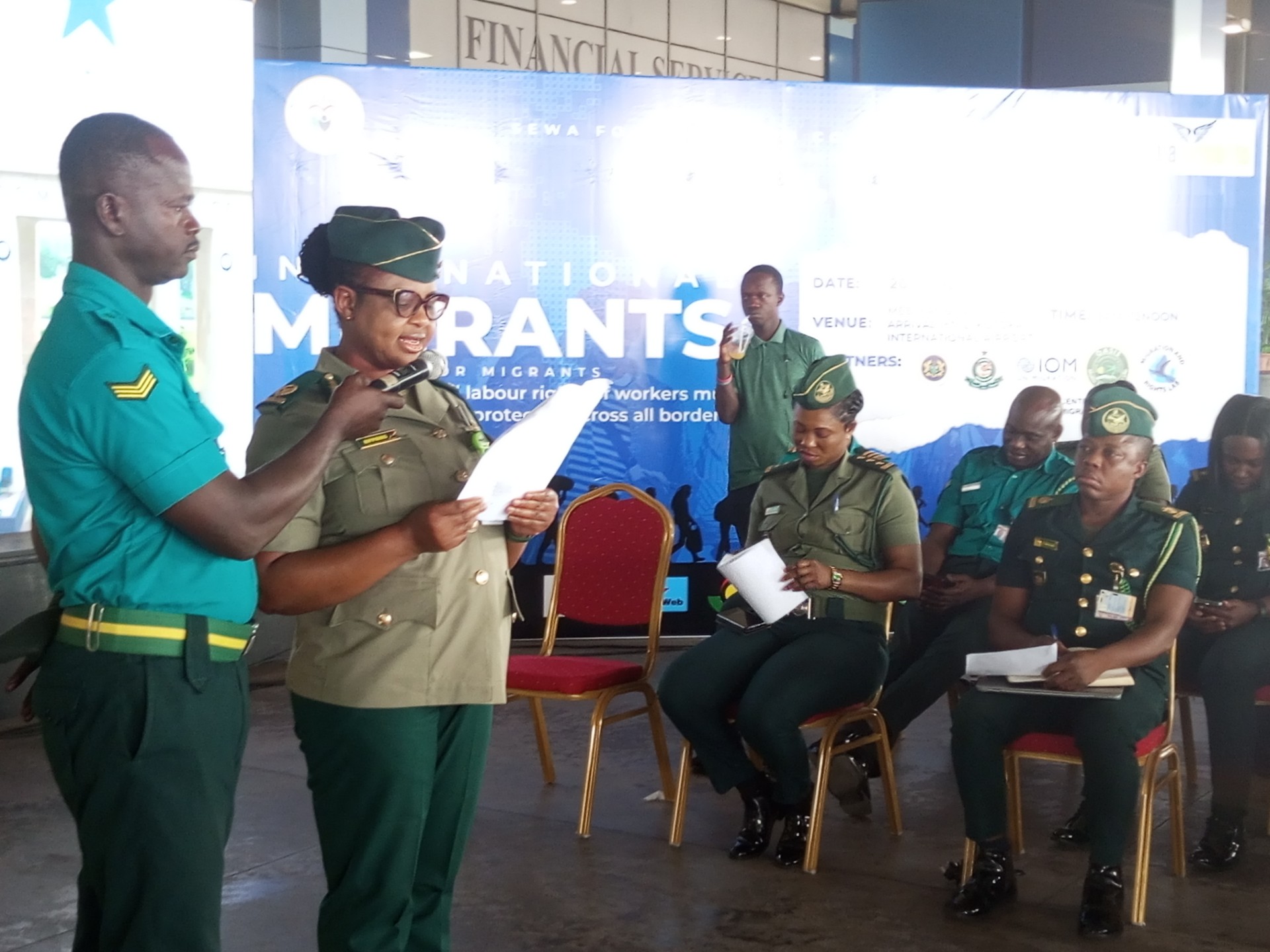









Facebook
Twitter
Pinterest
Instagram
Google+
YouTube
LinkedIn
RSS